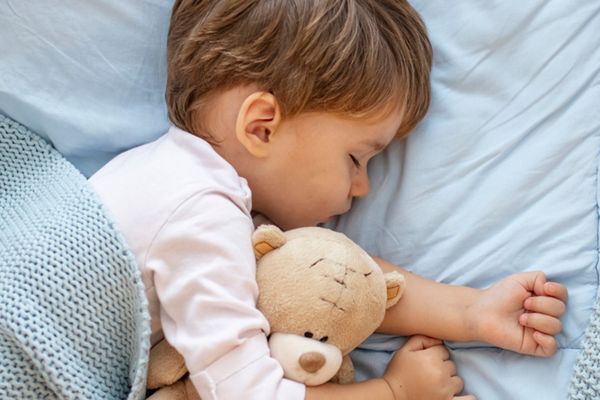How to Prevent Carbon Monoxide Poisoning

Four deaths per year.
That is the number of persons who died from unintentional carbon monoxide (CO) poisoning every year from 2016 to 2020 in Idaho, according to the U.S. Centers for Disease Control and Prevention (CDC) public health tracking network.
These deaths were unrelated to fires and likely caused by fuel-burning appliances or other sources in the home.
Four is a low number compared to the death count in many other states over that same period. However, it does not include the number of times carbon monoxide sent residents to the emergency room or put them in the hospital.
According to the CDC, this harmful gas claims the lives of 420 persons nationwide annually and accounts for 100,000 emergency room visits.
At Western Heating & Air Conditioning, we want to help you avoid the risks of CO poisoning. Our qualified installers are here to ensure your fuel-burning heating, ventilation, and air conditioning (HVAC) system is properly vented and correctly situated in your Eagle home.
We can give you peace of mind by inspecting your gas heating equipment and repairing any problems that might jeopardize your health and safety. Carbon monoxide is a byproduct of the combustion process. Your natural gas furnace, wood-burning fireplace, outdoor charcoal grill, and gas-fueled generator release carbon monoxide.
If they are placed in an enclosed space and not vented properly, they can cause the gas to build up.
What Happens if You are Poisoned?
When you breathe in too much carbon monoxide, it takes the place of oxygen in your red blood cells and prevents oxygen from nourishing the body.
Fresh air and immediate medical care are imperative. Irreversible brain damage, heart problems, and death are possible outcomes depending on how much and for how long a person breathes in the carbon monoxide gas.
Symptoms of CO Exposure
The Idaho Department of Health & Welfare says low or moderate exposure to carbon monoxide typically produces headaches, fatigue, shortness of breath, nausea, and dizziness.
Continued exposure and a high level of carbon monoxide poisoning results in vomiting, confusion, inability to coordinate muscles, loss of consciousness, and death.
Protect Yourself Against CO Poisoning
The U.S. Consumer Product Safety Commission (CPSC) recommends at least one carbon monoxide detector in every home.
Consider installing a carbon monoxide detector in every bedroom or other areas where you sleep. Be sure they function. Check them regularly and replace their batteries at least twice annually.
Our Western Heating pros can help you maintain your carbon monoxide detectors. We insert new batteries in smoke and carbon monoxide detectors during furnace tune-ups for our Blue Ribbon Maintenance Plan customers.
Leave your home and call 911 if the detector alarm sounds. Take household members, including pets, with you.
Both the CPSC and the U.S. Environmental Protection Agency (EPA) urge homeowners to schedule an annual inspection of all fuel-burning equipment. Properly installing and maintaining your fuel-burning appliances is by far your best defense against the risk of CO poisoning.
Expert installation and maintenance are what we do at Western Heating & Air Conditioning. Our qualified team is licensed, well-trained, and up to date on safety and building codes that regulate furnace and water heater installation.
We have the knowledge and hands-on experience to identify and correct problems that could lead to a carbon monoxide leak.
An amateur installer or do-it-yourselfer might take shortcuts with your equipment—or they could be unaware of building codes, putting you and your family in danger every time your system kicks on.
Get a Professional Inspection
Fall is the perfect time to inspect and tune up fuel-burning systems, such as furnaces and water heaters. Let Western Heating & Air Conditioning improve comfort and safety in your Eagle, ID, home with furnace and water heater maintenance. Call us at (208) 319-1736 or request service online.
Need HVAC Service?
Contact the experts at Western Heating & Air Conditioning.
Call us at 208-319-1736!
